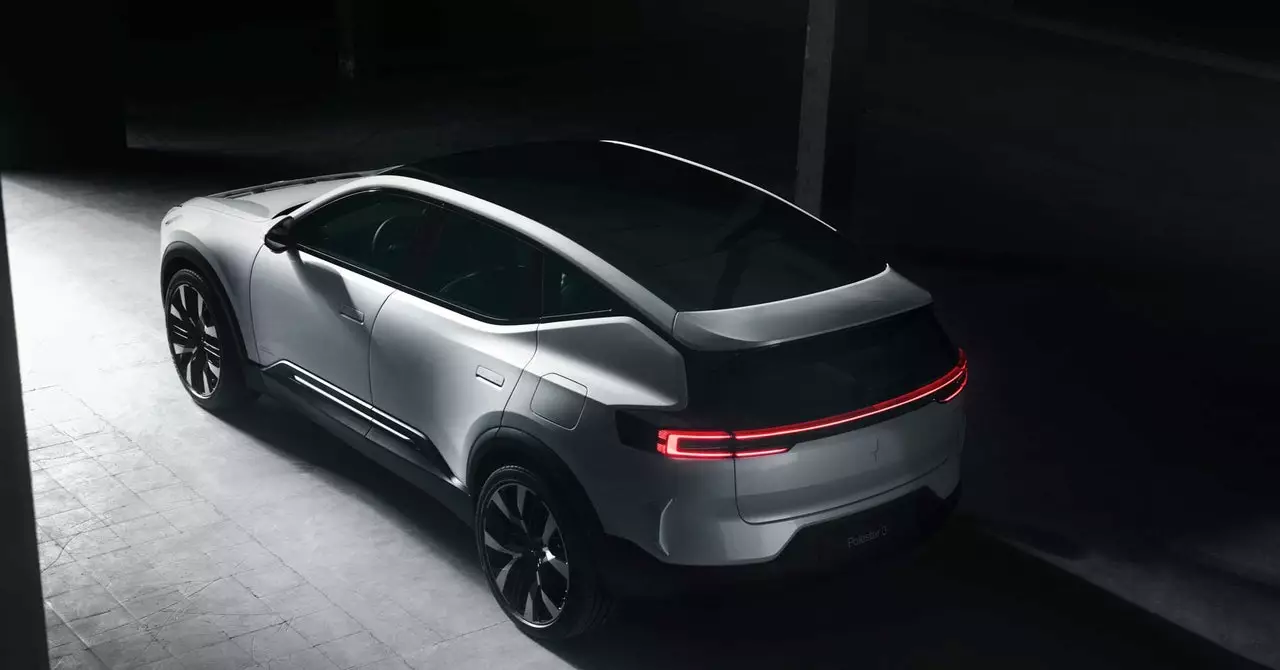One of the key points of criticism regarding the Polestar brand is its failure to establish a clear distinction from its parent company, Volvo. The design language of both brands is seen as too similar, with the Polestar 3 being essentially a variation of Volvo’s EX90. This lack of visual differentiation undermines Polestar’s identity as a separate and unique entity in the EV market. In order to truly stand out, Polestar should have focused on offering not just performance differences but also unique features that set it apart from Volvo.
The origins of Polestar are also under scrutiny, as it was initially a high-performance petrol business acquired by Volvo and later rebranded as an electric premium brand. This transition from internal combustion engines to electric vehicles may have been too abrupt and confusing for consumers. Additionally, Polestar’s slow pace in bringing products to market and generating profits has further hindered its positioning in the competitive EV industry. These missteps have compounded the challenges faced by the brand.
Polestar’s struggles are not unique, as it is just one of many EV brands facing difficulties in a market that is experiencing a downturn. The pressure to be profitable in a declining or stagnant market is intense, and the need for brands to innovate and differentiate themselves becomes even more critical. The recent market volatility, exacerbated by factors such as protectionist policies and global economic uncertainties, has further underscored the challenges for EV manufacturers like Polestar.
Despite its potential, Polestar is currently perceived as a second-tier EV brand, with lower recognition compared to industry leaders like Tesla. This positioning presents a significant challenge for the brand’s new executives, who must navigate a competitive landscape while also aligning Polestar with Volvo’s broader strategy. The need to operate efficiently and make strategic decisions to ensure future success is paramount, especially in a market that is constantly evolving due to technological advancements and shifting consumer preferences.
As the discussion around EVs and sustainability gains prominence, the pressure on companies like Polestar to address climate change continues to grow. The urgency to reduce carbon emissions and transition to cleaner energy sources is undeniable, and EV manufacturers play a crucial role in driving this transformation. The impact of climate change on the automotive industry is significant, and companies must adapt to meet the challenges of a rapidly changing world.
The critique of the Polestar brand reveals a series of strategic missteps, market challenges, and branding issues that have hindered its progress in the highly competitive EV industry. The need for Polestar to differentiate itself from Volvo, innovate in terms of product offerings, and position itself as a frontrunner in sustainable mobility is crucial for its long-term success. As the market dynamics continue to evolve, Polestar must adapt and respond proactively to stay relevant and competitive in the rapidly changing automotive landscape.

